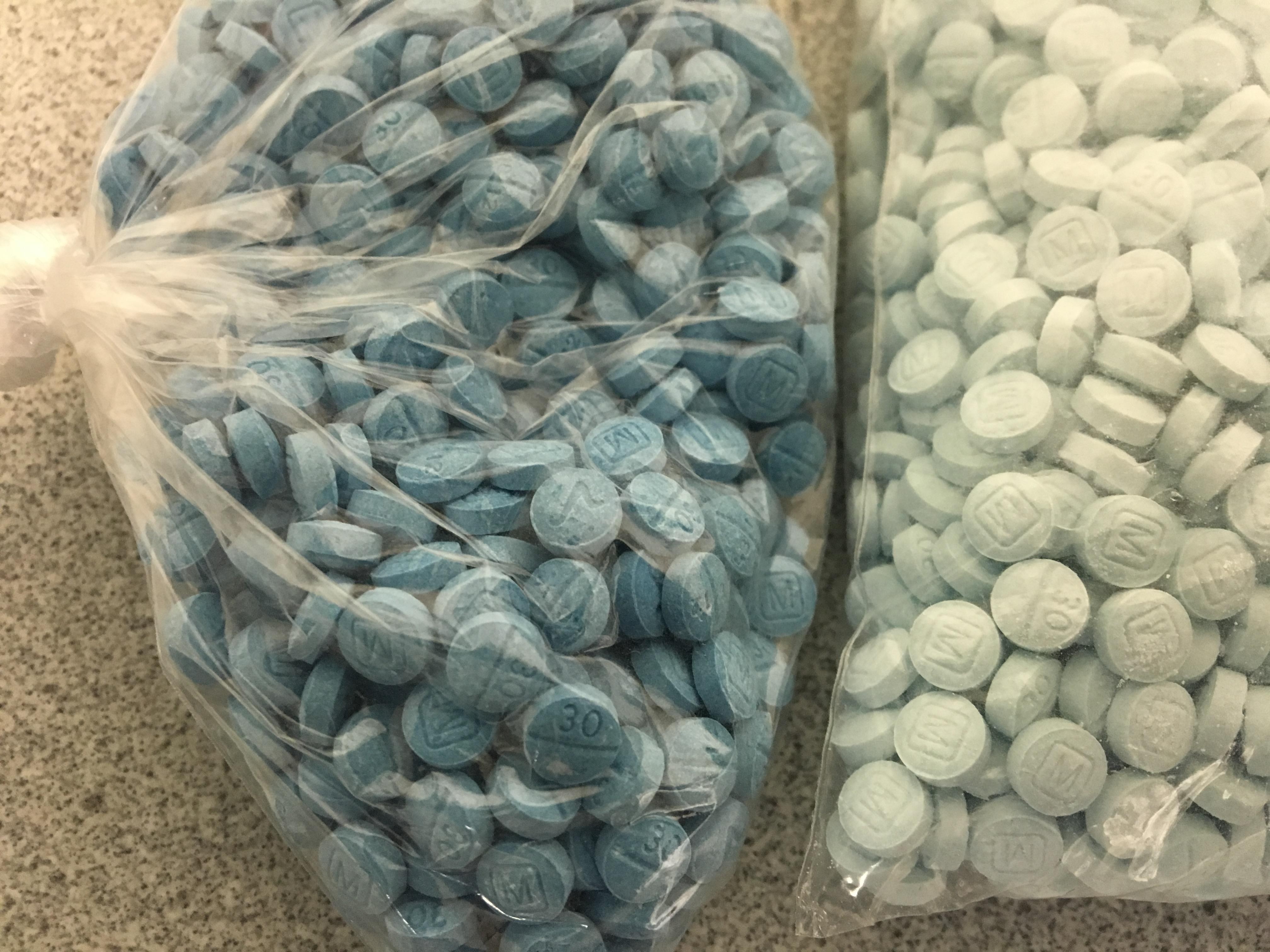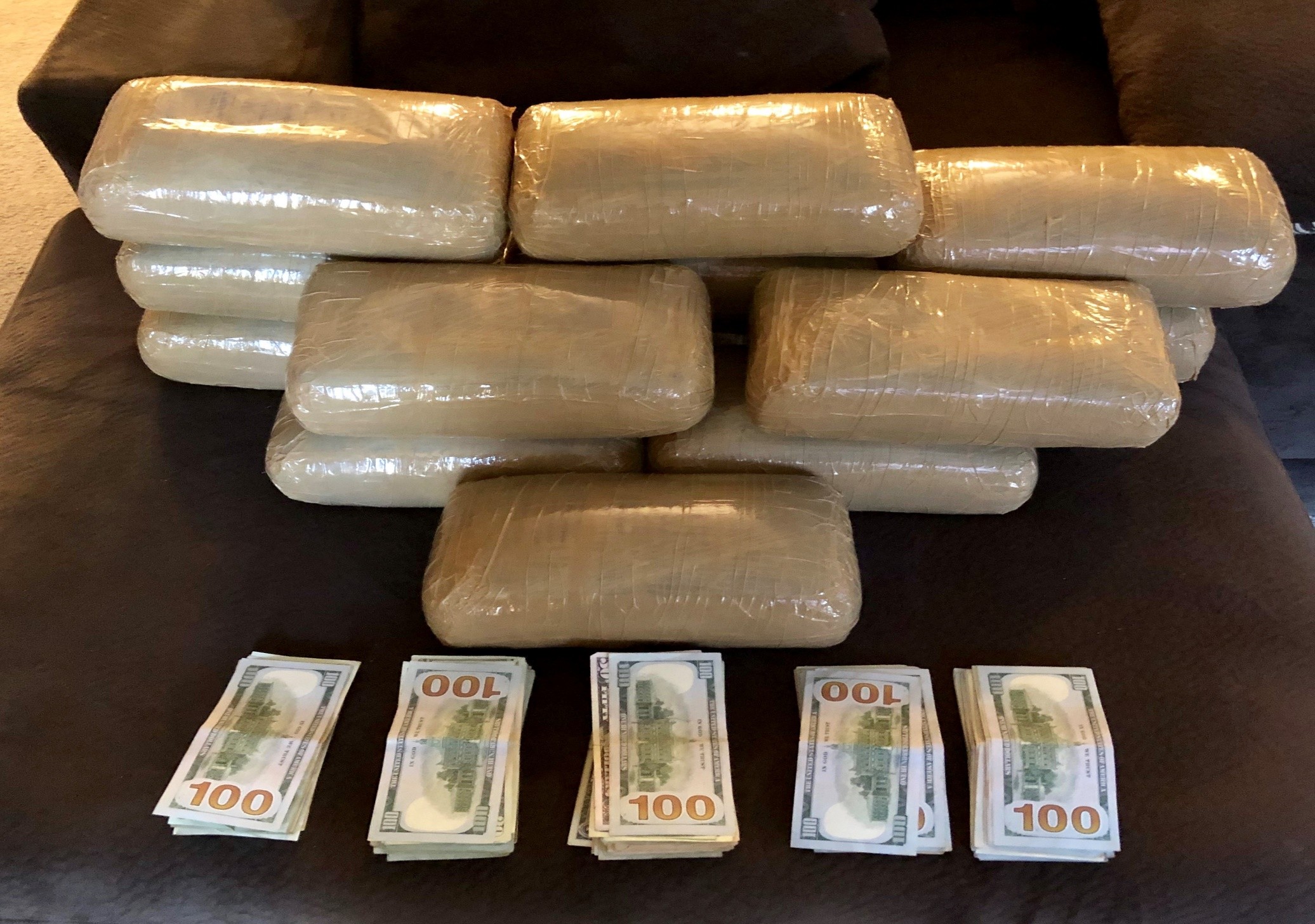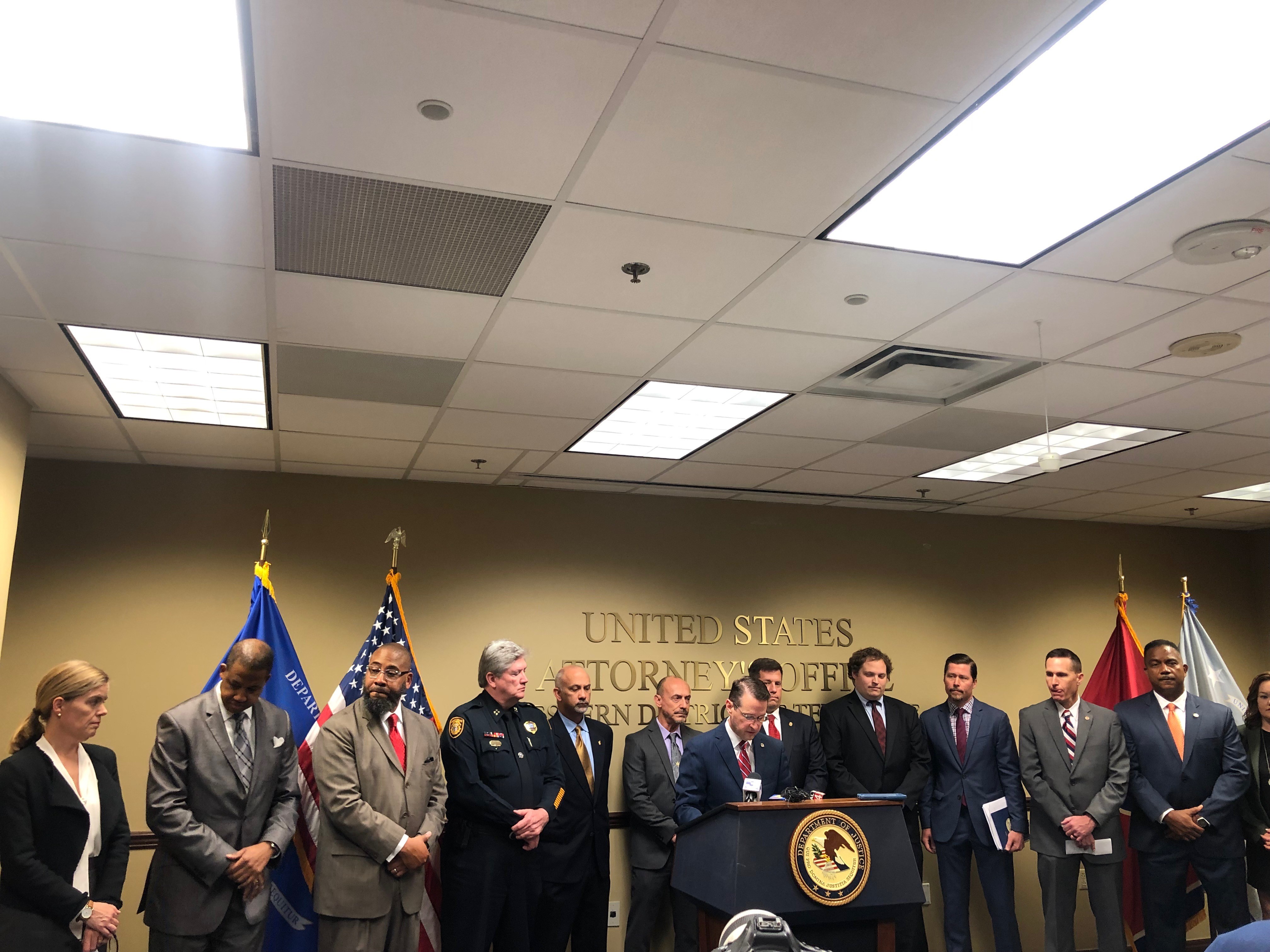 DEA
DEA
The head of the Shelby County Health Department (SCHD) said Monday that the opioid epidemic is continuing to plague the community in the midst of the COVID-19 pandemic, noting a recent spike in overdoses and deaths.
In the past 60 days, Dr. Alisa Haushalter, director of the SCHD, said there have been an “unprecedented” number of overdoses and deaths. Since March 15th, there have been 700 overdoses resulting in 102 deaths.
“This is significantly more deaths than have occurred with COVID-19 so we want to bring this particular issue back to the public’s attention,” Haushalter said at a Tuesday press conference.
“The deadly drugs are not taking a break during this unprecedented time in our country,” said Shelby County District Attorney Amy Weirich. “The drug dealers are clearly not taking a break. Law enforcement is not taking a break either.”
Weirich said law enforcement will do “everything they can in their power” to arrest and bring to justice individuals distributing drugs in the community.
“The reason it is important is not simply because it’s against the law,” Weirich said. “The reason it is important to us is because people are dying. Our sons, our daughters, our brothers, our sisters, our mothers, our fathers are dying every day because of these deadly drugs. The enforcement effort will not stop and it will only increase in the wake of this disturbing news.”
Weirich also warned the public of the dangers of fentanyl, a synthetic opioid that can be 50 to 100 times more potent than morphine.
“A dose of fentanyl the size of Abraham Lincoln’s nose on a penny is enough to kill you,” she said. “Think about that for just a moment. For anybody out there that is contemplating experimenting with these drugs, contemplating trying these drugs, know what you‘re dealing with and know the deadliness of these substances.”
D. Michael Dunavant, U.S. Attorney for the Western District of Tennessee, said the opioid issue is a “pandemic within a pandemic” and it’s important to raise awareness about the opioid epidemic “that has not gone away, but in fact has dramatically increased during the time we’ve been dealing with the COVID pandemic.”
[pullquote-1]
“Drug dealers continue to deliver,” Dunavant said. “Drug dealers do not self-quarantine and criminals do not engage in social distancing. Unfortunately, through a number of factors in people’s lives here in Memphis and Shelby County the demand for these opioids has risen. Unfortunately, enterprising drug dealers and drug trafficking organizations have risen their supply to meet that demand.”
Dunavant said the unprecedented spike in overdoses calls for a multi-disciplinary, multi-agency response, which includes education and public awareness, prevention of new users, treatment and rehabilitation, and enforcement.
Law enforcement agents are “working tirelessly” to find, arrest, and prosecute drug distributors who are contributing to overdoses and deaths, he said. Dunavant iterates that distributing a narcotic that leads to someone’s death is a violation of both state and federal law, for which dealers face a minimum sentence of 20 years.
“We can and we will find you and hold you accountable if you are distributing poison into our communities,” Dunavant said.
For those using these drugs, Dunavant said there are treatment and recovery resources available to help.
One resource is the Tennessee REDLINE, a hotline people can call to access treatment. Reach the hotline at 1-800-889-9789.
Haushalter also said people can call the Memphis Area Prevention Coalition at 901-249-2828 for assistance in accessing services, including access to Narcan, which is used to help reverse opioid overdoses.
Finally, the county’s Street Team for Overdose Prevention (STOP) will be hosting events this week to distribute overdose prevention kits with Narcan as well as exchange needles.
The STOP events will be:
Tuesday (today) and Thursday, May 21st: 4-8 p.m, 3360 N. Watkins Street, 2760 S. Perkins Road, 3362 Third Street.
Wednesday, May 20th, and Friday, May 22nd: 4-8 p.m., Sycamore View Road; 1-3 p.m. 28 N. Claybrook Street; 6:30-8:30 p.m., 3628 Summer Avenue
Saturday, May 23rd: 1-6 p.m., all sites
 Justin Fox Burks
Justin Fox Burks  DEA
DEA  Memphis Police Department
Memphis Police Department  Memphis Police Department
Memphis Police Department 
